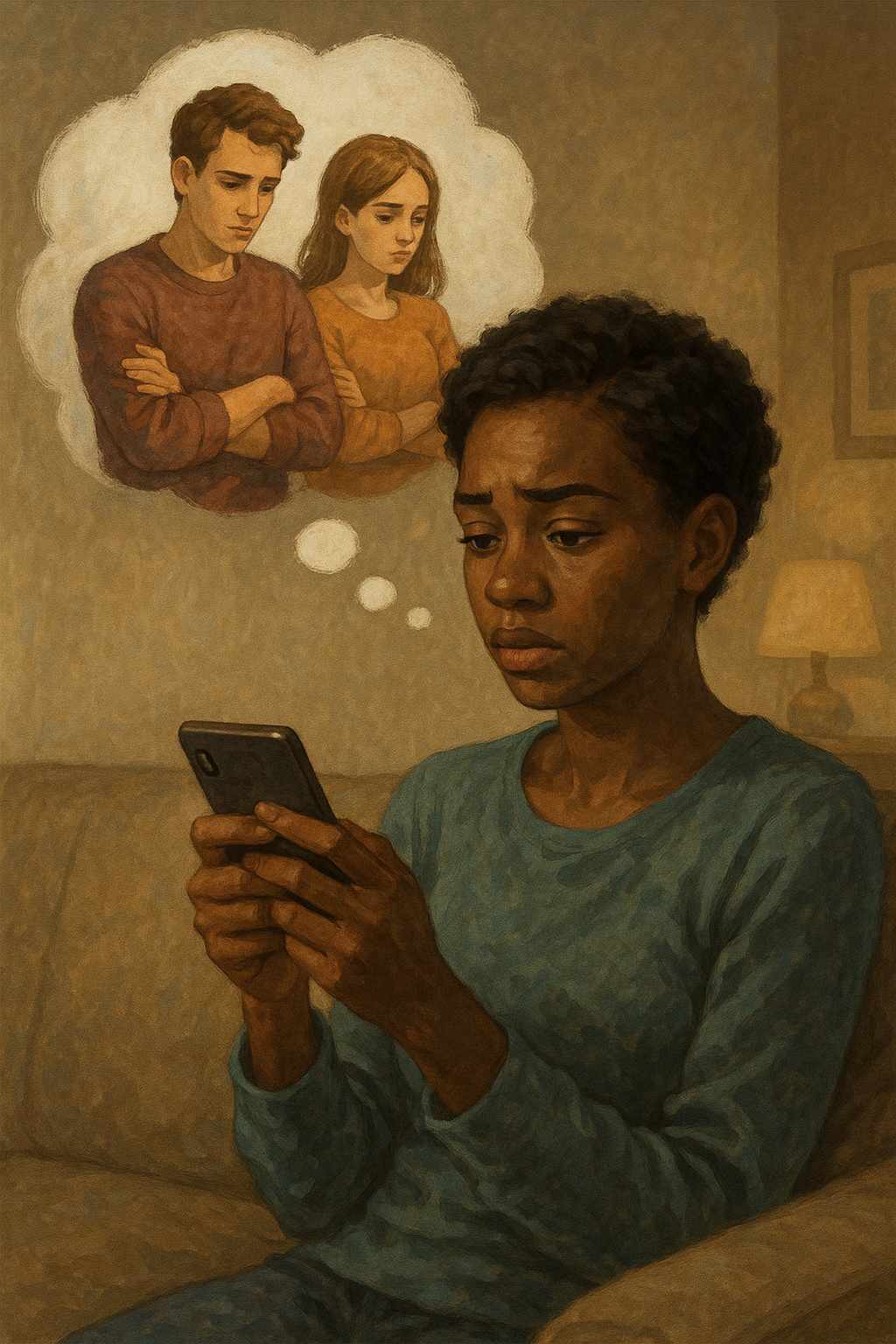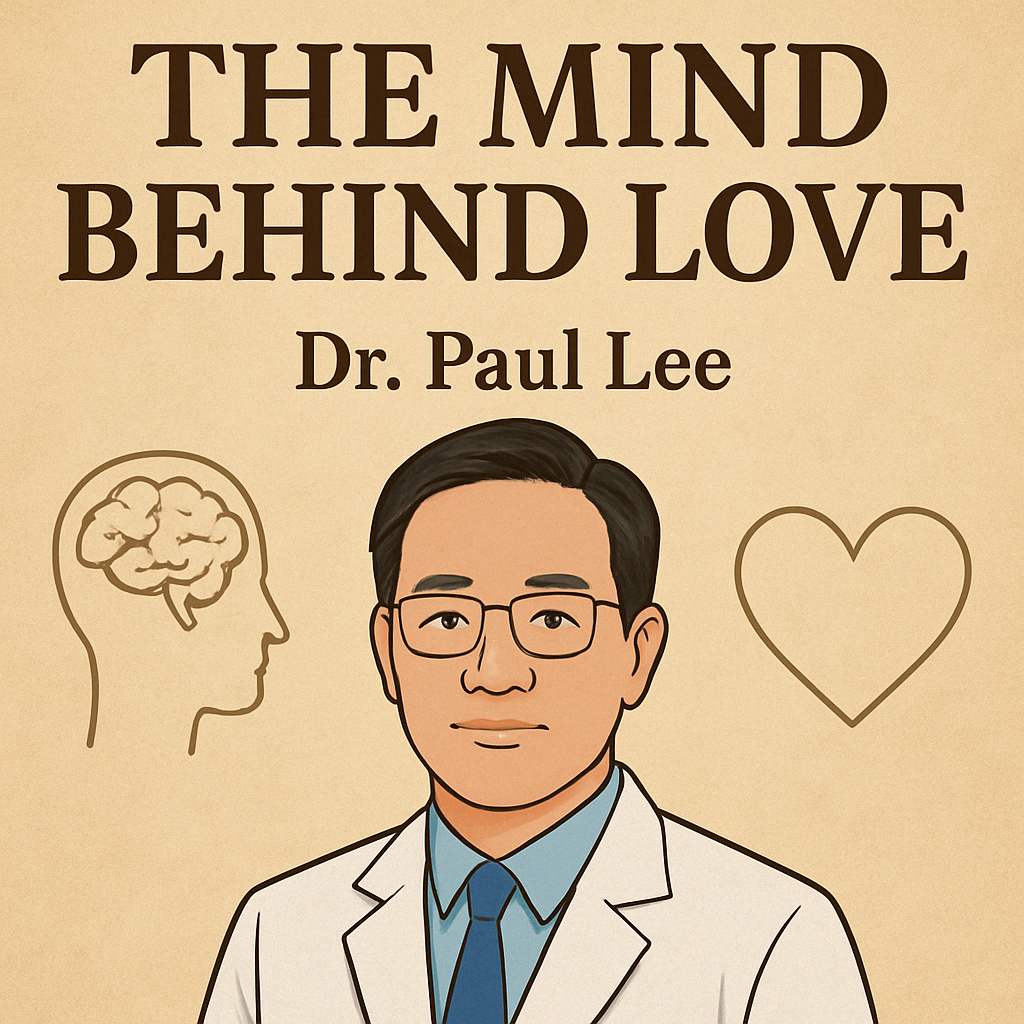티스토리 뷰
The Fear of Being Too Much: When Your Emotions Feel Like a Burden (Self-Worth & Attachment Series #4)
Dr. Paul Lee 2025. 4. 20. 08:00The Fear of Being Too Much: When Your Emotions Feel Like a Burden (Self-Worth & Attachment Series #4)

Have you ever stopped yourself from expressing how you feel because you didn’t want to scare someone away? Do you often feel like your needs, emotions, or thoughts are “too much”? You’re not alone.
Many people—especially those with low self-worth or anxious attachment—grow up believing that expressing emotions will push people away. They learn to hide their true selves in exchange for approval, even in intimate relationships.
In this post, Dr. Paul Lee explores why we fear being emotionally “too much,” how this belief shapes our relationships, and how to heal the shame that silences our voice.
1. The Childhood Roots of Emotional Shame
If you were told “stop crying,” “you’re overreacting,” or “you’re so dramatic” growing up, you may have internalized the idea that your emotions were a problem to be fixed—not signals to be understood.
Over time, this message becomes ingrained: “If I show too much, they’ll leave.” So you shrink, suppress, and self-monitor. You learn to perform instead of express, to be accepted.
2. You Apologize for Your Existence
When you believe you’re too much, you apologize for things that don’t require apologies. You say “sorry” for crying, for asking for reassurance, for needing space, for wanting love. But those aren’t weaknesses. They’re human needs.
Love doesn’t demand silence. Real love creates room for your emotions—not just your edited self.
3. The Invisible Weight of Self-Rejection
The fear of being “too much” often masks a deeper belief: that you are inherently unlovable unless you minimize yourself. You start to confuse emotional intimacy with danger. You think the less they see, the longer they’ll stay.
But self-abandonment doesn’t prevent heartbreak—it guarantees it. Because if they fall for your mask, they never truly choose you.
4. Healing Means Reclaiming Emotional Space
Healing begins when you stop apologizing for your humanity. When you stop seeing your feelings as flaws. Your emotions aren’t burdens—they’re bridges to connection.
Start with small steps: Speak up when you’re hurt. Express when you’re excited. Say what you need, even if it feels scary. The right people won’t run—they’ll lean in.
Conclusion: You’re Not Too Much—You Were Just Told to Be Less
You were never “too much.” You were just more than others knew how to hold. And that was never your fault.
The right love won’t shrink you. It won’t silence you. It will make space for every part of you—and remind you that being fully seen is the beginning of being truly loved.
Written by Dr. Paul Lee
Founder of The Mind Behind Love
📘 Books That Help You Go Deeper
- The Emotionally Absent Mother by Jasmin Lee Cori – Explores how emotional neglect affects our ability to express and receive love.
- Daring Greatly by Brené Brown – A powerful look at vulnerability, shame, and emotional courage.
- Permission to Feel by Marc Brackett – A practical guide to understanding and embracing your emotional life.
'Self-Worth & Attachment' 카테고리의 다른 글
- Total
- Today
- Yesterday
- bodylanguagecues
- bodylanguageinsight
- fearofintimacy
- emotionallyunavailable
- drpaullee
- mentalhealth
- peoplepleasing
- anxiousattachment
- attachmentstyle
- themindbehindlove
- selfworthinlove
- lowselfworth
- HealingJourney
- selfworth
- traumabonding
- relationshippatterns
- lovepsychology
- attachmenthealing
- attachmentwounds
- emotionalhealing
| 일 | 월 | 화 | 수 | 목 | 금 | 토 |
|---|---|---|---|---|---|---|
| 1 | 2 | 3 | 4 | 5 | 6 | 7 |
| 8 | 9 | 10 | 11 | 12 | 13 | 14 |
| 15 | 16 | 17 | 18 | 19 | 20 | 21 |
| 22 | 23 | 24 | 25 | 26 | 27 | 28 |

